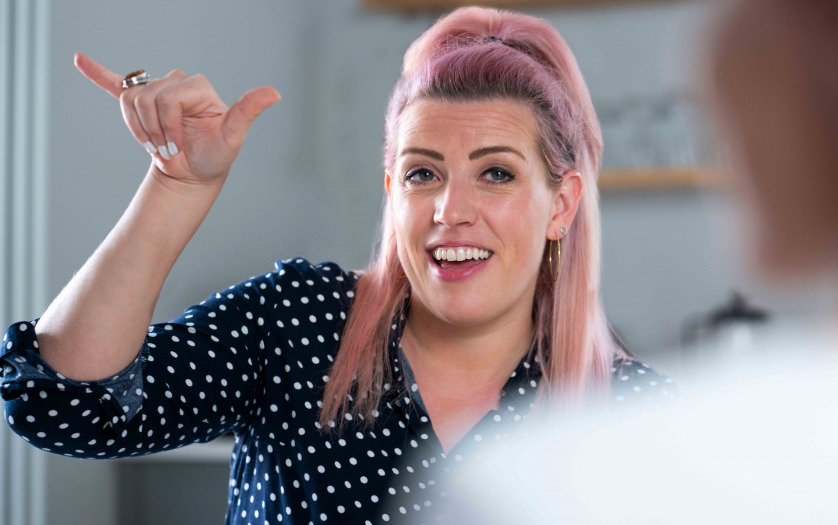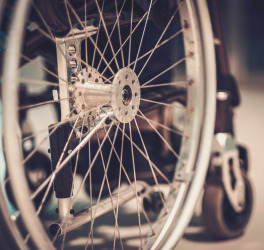
A report released by the New Zealand Independent Monitoring Mechanism (IMM) highlights the need for decisive government action, including stronger laws to protect the rights of persons with disabilities.
The Making Disability Rights Real, Whakatūturu Ngā Tika Hauātanga report says that New Zealand has a mixed record when it comes to the rights of persons with disabilities. It notes that although some things are done well, there is still a great deal of work required to remove barriers stopping persons with disabilities from participating equally in society.
It notes that persons with disabilities remain far from enjoying the full range of human rights and fundamental freedoms included in the Disability Convention. Many disabled people are experiencing poverty, exclusion and a lack of autonomy. The report states:
Eliminating these huge disparities requires a quantum leap. We need to move from compensating for an inaccessible society—founded on notions of disability as a deficit—to recognising disabled people as equal rights holders, by actively working to create fully accessible communities. The IMM urges the Government to mandate a systemic approach to explicitly integrating the Disability Convention into domestic law, and to apply the appropriate resource in order to make this a reality.
While the report analyses all 33 Articles of the Convention, there are six key themes the IMM considers to be top priority.
The six key themes are:
- Education
- Housing
- Seclusion and restraint
- Data
- Access to information and communication
- Employment.
In education, the key recommendations are the introduction of an enforceable right to inclusive education, there are resources available to achieve equitable access, and co-design (accessibility for all) is built into every stage of the education reform process.
The report also recommends that laws are created to make sure newly built houses meet universal design standards.








